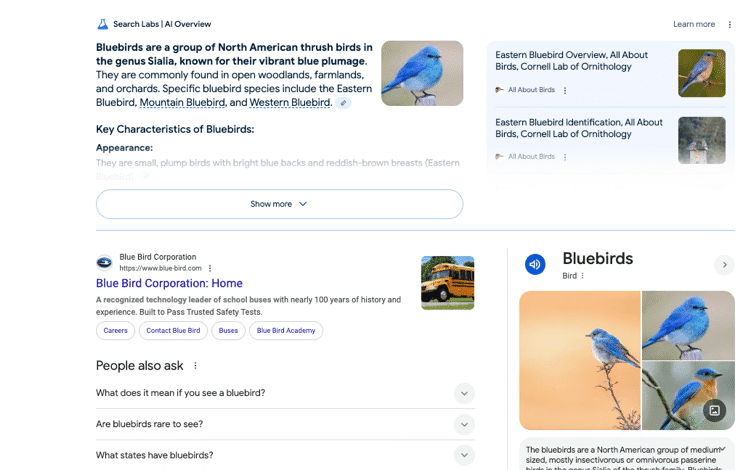Audit Your Global PPC & SEO for Multinational Success

▼ Summary
– Co-optimization between PPC and SEO becomes more complex in multinational contexts due to varying market dynamics, infrastructure gaps, and organizational silos.
– Localized search intent mapping is crucial, as keyword performance, SERP structures, and cultural phrasing differ significantly across markets.
– Multinational organizations often face silos between PPC and SEO teams, leading to missed opportunities, redundant targeting, and inconsistent messaging.
– Geotargeting challenges, such as poor hreflang implementation and duplicate content, can negatively impact both organic rankings and PPC quality scores.
– Budget allocation should balance short-term PPC wins with long-term SEO growth, adapting to market-specific factors like CPC rates and cultural regulations.
Expanding your digital marketing strategy across international borders requires more than just translating content and adjusting bids. The interplay between paid search (PPC) and organic search (SEO) becomes far more complex when operating in multiple languages, cultures, and regulatory environments.
While domestic campaigns focus on keyword sharing and reducing internal competition, global execution introduces challenges like inconsistent market behaviors, fragmented teams, and technical hurdles that can drain budgets and dilute performance.
Market Differences Demand Localized Approaches
Search behavior varies dramatically by region. A strategy that thrives in North America might flop in Asia or Europe due to differences in:
- Platform dominance – Baidu, Yandex, and Naver control significant search share in their regions, each with unique ranking factors.
- User intent – Direct translations often miss cultural nuances, leading to poor ad relevance and low organic engagement.
- Device preferences – Mobile-first markets like Japan require different optimizations than desktop-heavy regions.
Pro Tip: Audit keyword performance by market rather than assuming success in one region guarantees similar results elsewhere.
Breaking Down Geographic and Organizational Silo
Global enterprises often struggle with disconnected teams:
- Local PPC managers may operate independently, ignoring global keyword strategies.
- Centralized SEO teams might lack insights into regional paid performance.
- Competing agencies further fragment execution.
This leads to:
- Missed opportunities – High-converting PPC keywords not leveraged in organic content.
- Redundant efforts – Paid and organic teams targeting the same terms without coordination.
- Inconsistent messaging – Confusing SERP appearances that hurt click-through rates.
Pro Tip: Map out team structures and establish regular cross-regional meetings to share insights.
Technical Pitfalls in Geotargeting
Many brands repurpose landing pages for different markets, resulting in:
- Poor hreflang implementation.
- Duplicate content penalties.
- Misaligned geo-targeting, where the wrong regional page ranks.
These issues degrade both SEO rankings and PPC quality scores, increasing costs and reducing visibility.
Pro Tip: Ensure PPC landing pages are:
- Properly indexed.
- Locally optimized (language, currency, UX).
- Correctly tagged with hreflang.
Balancing Budgets for Short-Term and Long-Term Growth
PPC excels in speed, making it ideal for launches and testing. SEO delivers sustainable visibility, especially in high-CPC markets. A smart global strategy should:
- Use PPC for validation before scaling SEO investment.
- Shift budgets toward SEO in expensive or long-term markets.
- Align campaigns with intent—paid for promotions, organic for evergreen content.
Pro Tip: Overlay campaign timelines with performance data to identify where PPC spend can be reduced in favor of organic growth.
Navigating Cultural and Legal Complexities
Regulations and local preferences impact everything from ad copy to tracking:
- Germany’s privacy laws restrict retargeting.
- China’s firewall demands Baidu-specific optimizations.
- Japan’s cultural norms favor subtle messaging over aggressive CTAs.
Pro Tip: Partner with in-market experts to ensure compliance and resonance.
Standardizing Data Without Stifling Local Flexibility
Inconsistent analytics and fragmented tools obscure true performance. To fix this:
- Implement unified tracking where possible.
- Define consistent KPIs across regions.
- Allow local teams to adapt based on market realities.
Pro Tip: Create a global dashboard with regional filters to monitor cannibalization and visibility gaps.
A Framework for Global Audits
When evaluating multinational performance, ask:
- Are top PPC keywords supported by strong organic content locally?
- Are CTRs compared by market and language?
- Is branded paid search overused in some regions?
- Are SEO goals tracked uniformly worldwide?
Pro Tip: Build market-specific dashboards to balance global oversight with local execution.
The Bottom Line
True global co-optimization isn’t just about shared keywords—it’s about aligning teams, tools, and strategies across borders. Companies that master this balance reduce inefficiencies, maximize visibility, and gain a competitive edge in every market they enter.
(Source: Search Engine Land)





